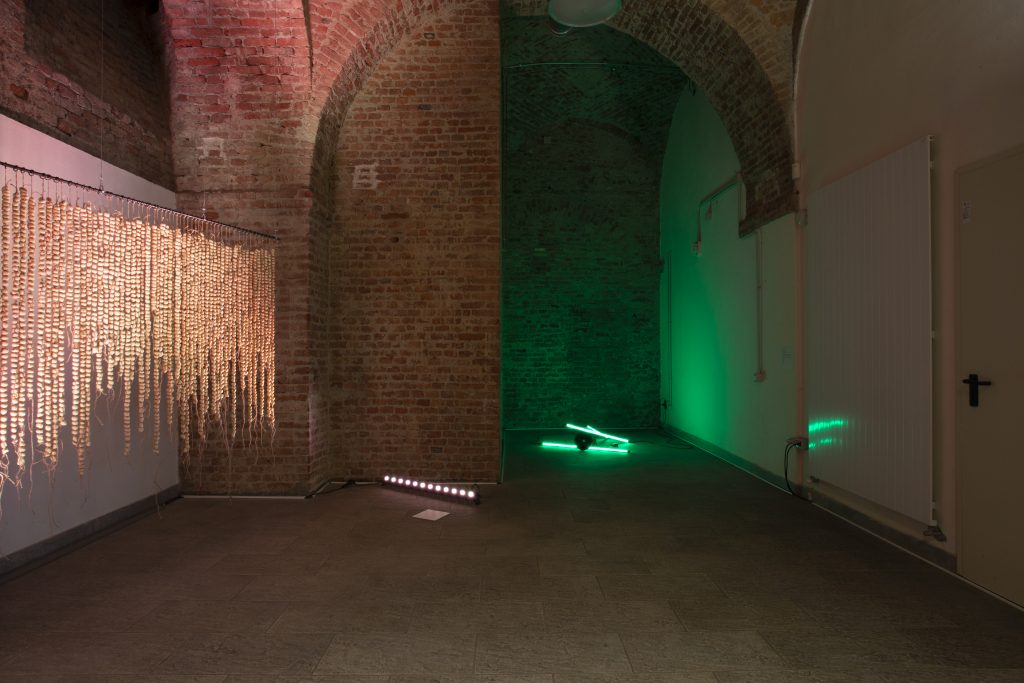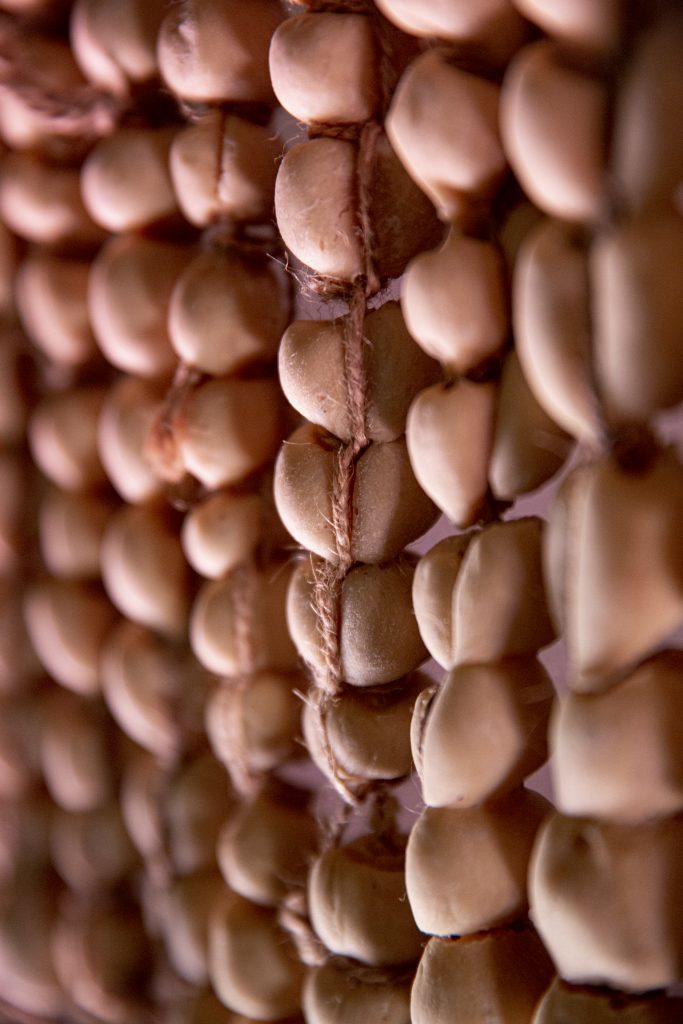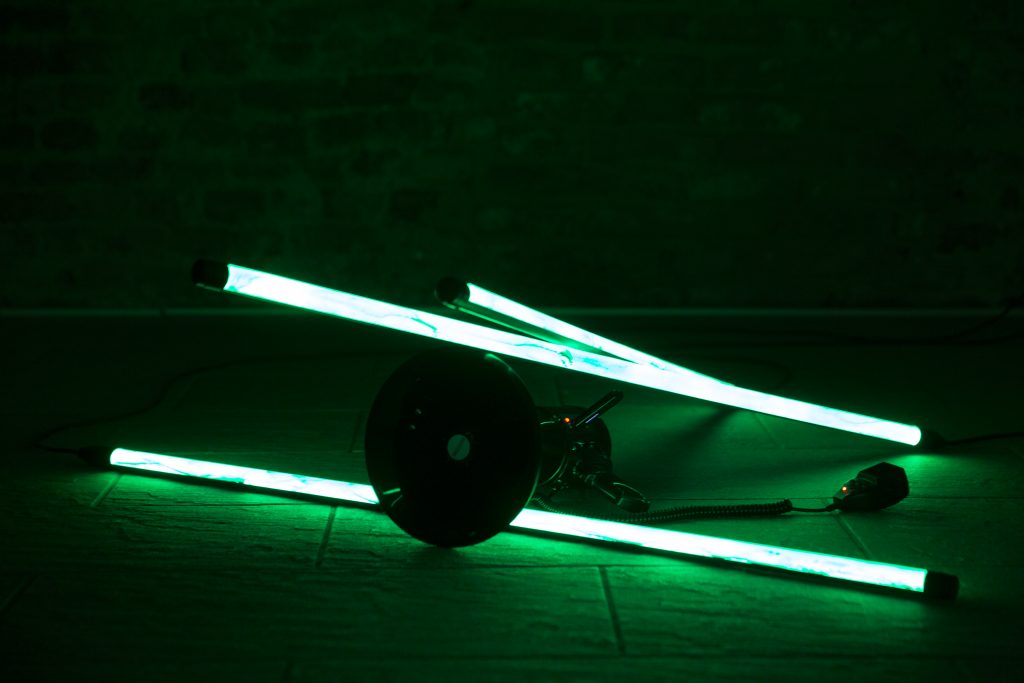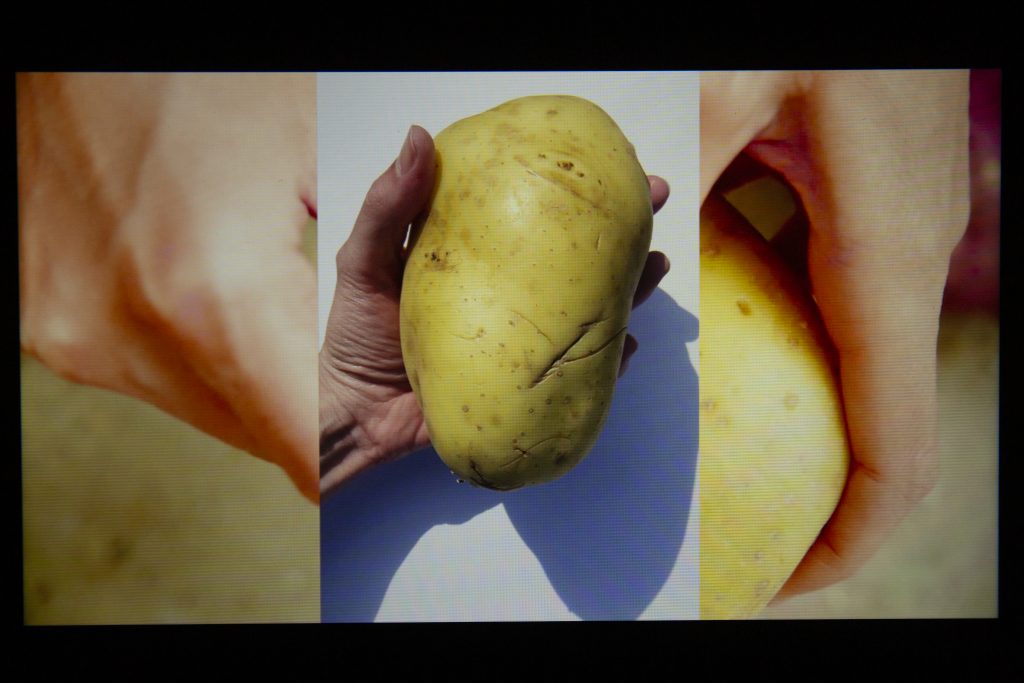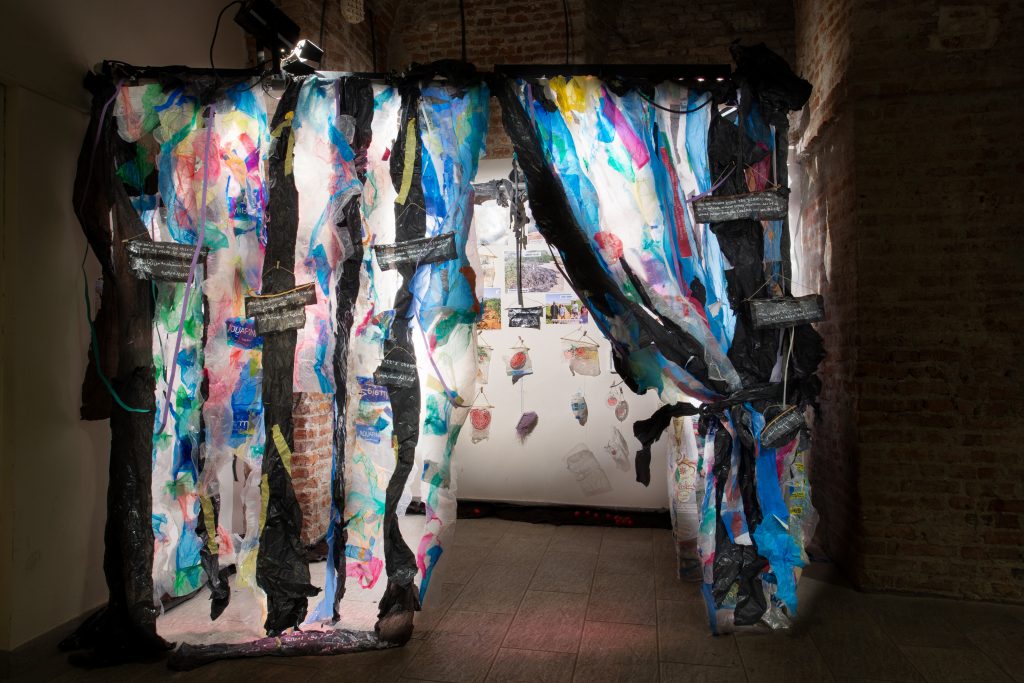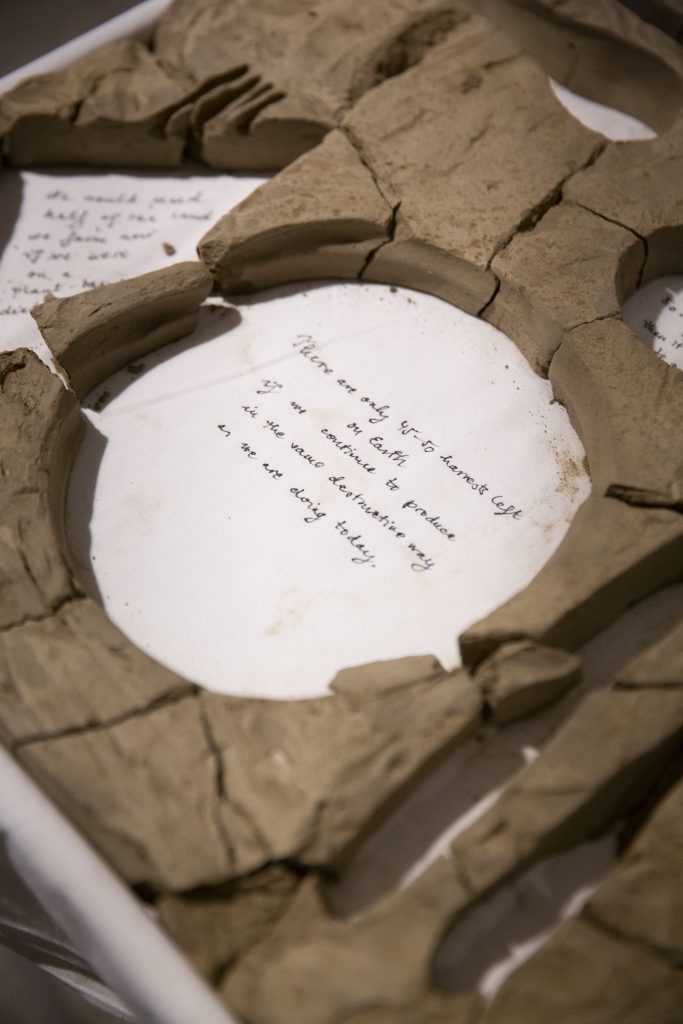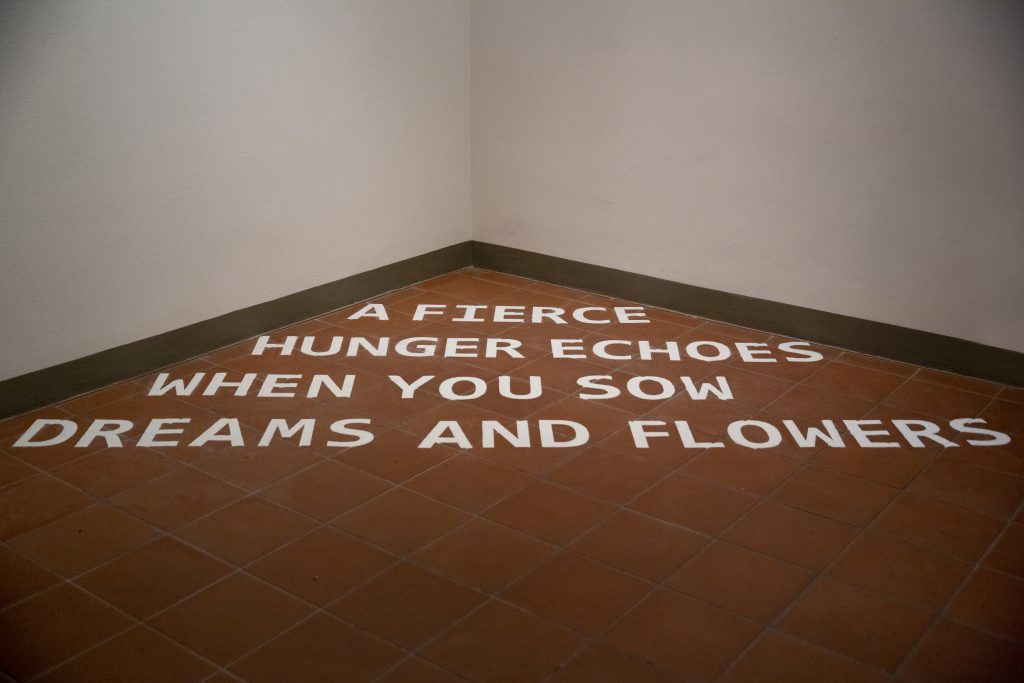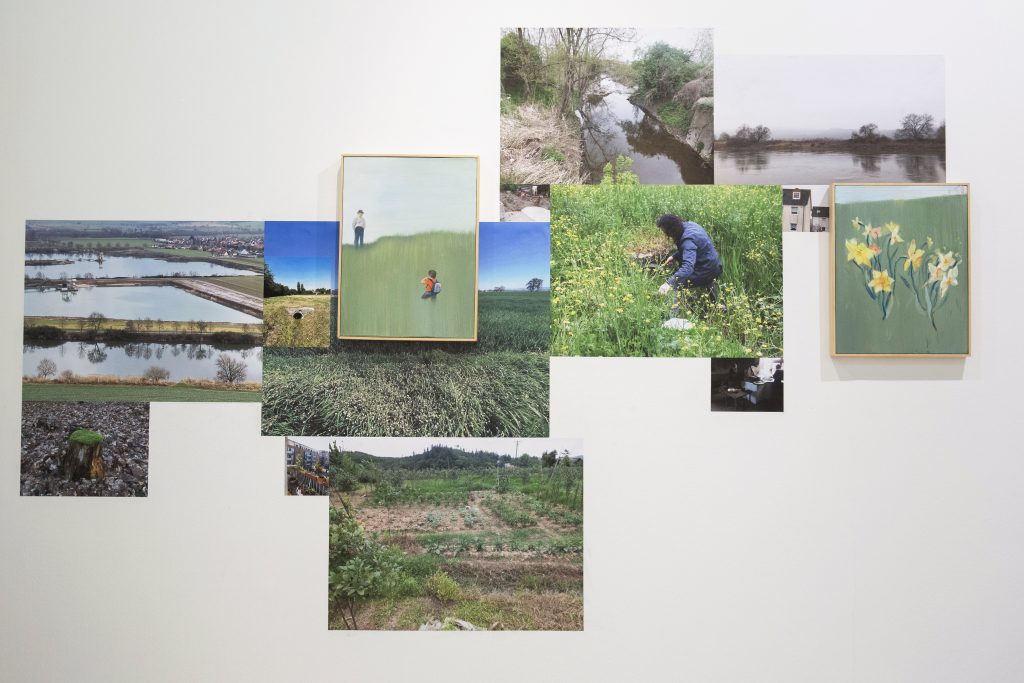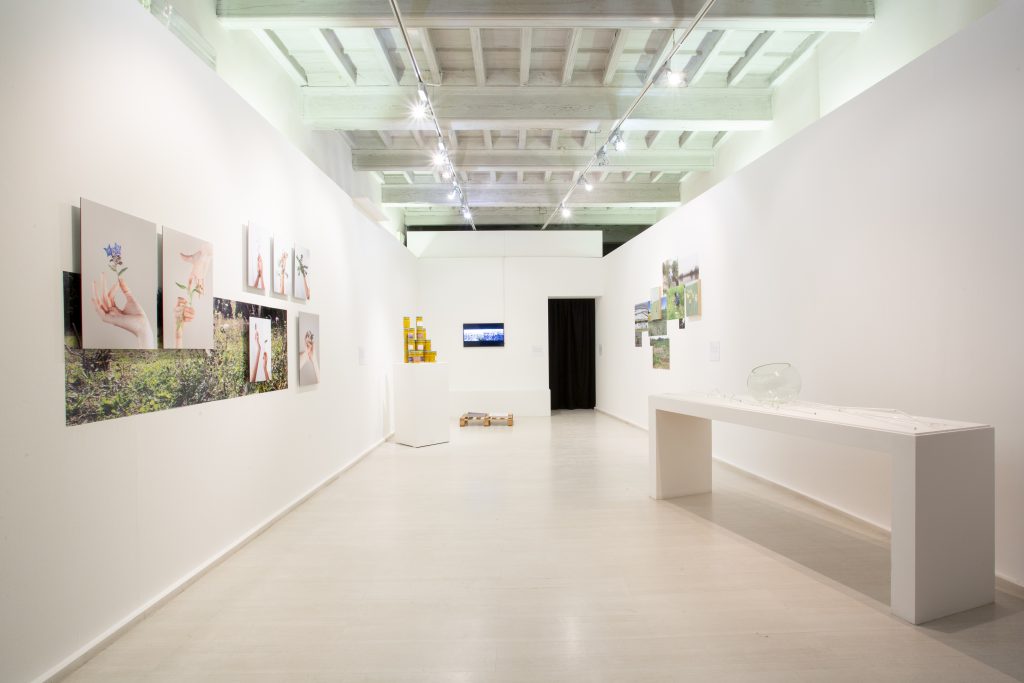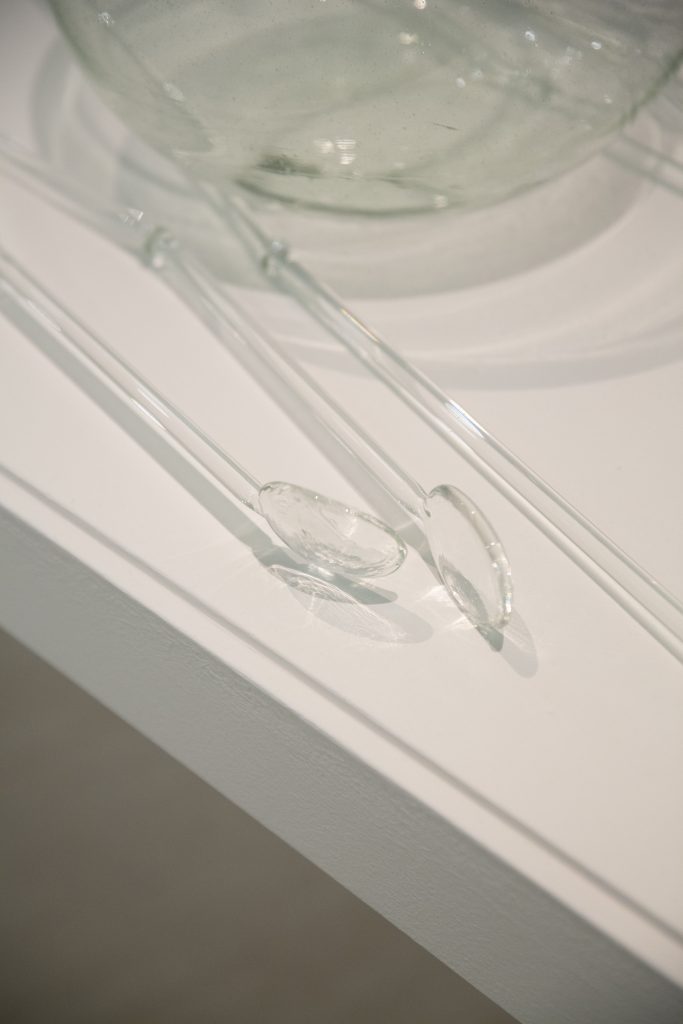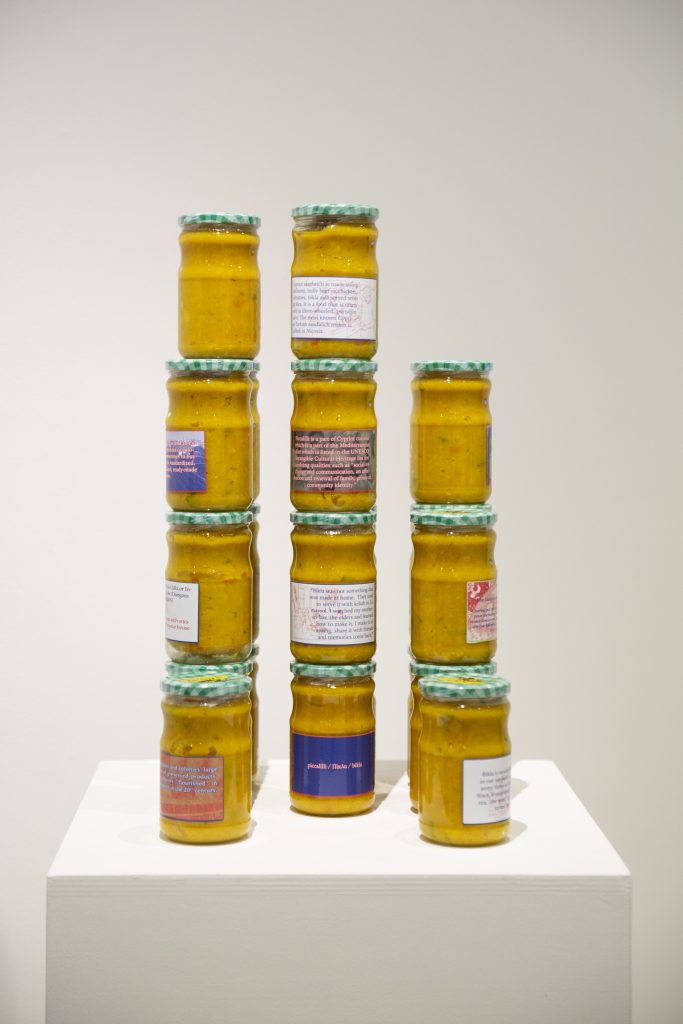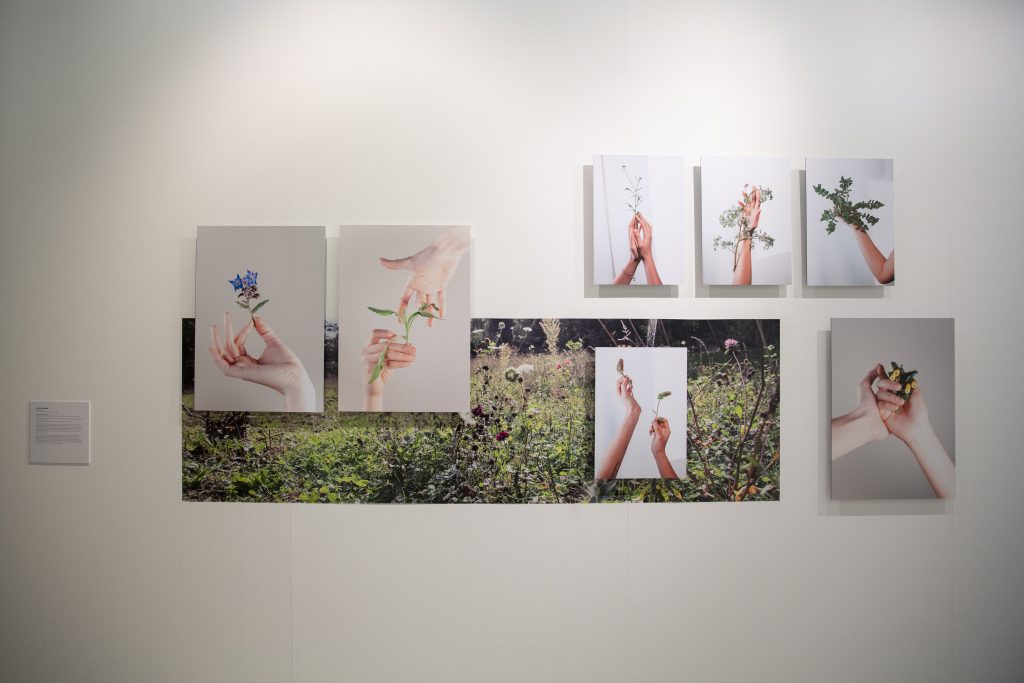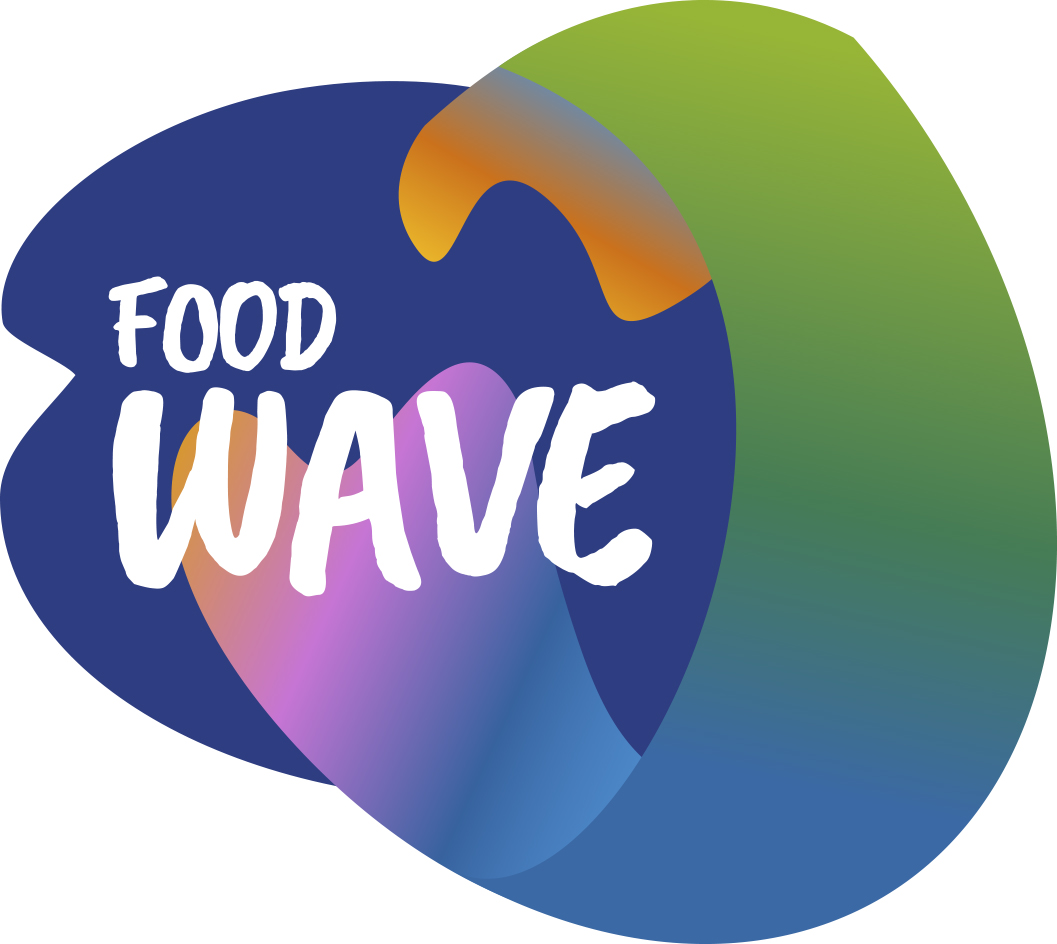
Food Wave
Every food is a landscape
BJCEM is proud to be part of the DEAR community and powering the project Food Wave.
Food Wave has the aim to create awareness on sustainable ways to consume and produce food for climate change mitigation and activate young people in their cities, in order to enable them to influence institutional decisions, so they can lead us to a sustainable global food system by 2030. The project is co-funded by the EU and promoted by the Municipality of Milan together with ActionAid Italia, ACRA, Mani Tese and 25 project partners in 17 countries. The network consists of 14 cities, 5 municipal agencies and 6 civil society organizations closely linked with the cities. C40, the international network of cities engaged in the fight against climate change, is also affiliated to the project.
Lead: Municipality of Milan
Core Team: ActionAid Italia, ACRA, Mani Tese
Cities and municipal agencies: Almere, Metropolitan Agency Brasov, Bruges, Frankfurt, Lisbon CLLD Network, The London Waste and Recycling Board, Malmö, Institute Wcycle Maribor, Madrid, Groundwork Greater Manchester, Molenbeek-Saint-Jean, Murcia, Nea Smyrni, Pest, Turin, Sao Paolo, Sofia, Warsaw, Zagreb
Civil society organizations: European Association for Local Democracy – ALDA, ActionAid Hellas, Alianza por la Solidaridad, Biennale des jeunes créateurs de l’Europe et de la Méditerranée – BJCEM, Erasmus Student Network Italy – ESN Italy, Eating City – RISTECO
In the frame of Food Wave, BJCEM has presented Every food is a landscape from November 27 to December 18, 2022, at Polo del ‘900, Turin.
Every food is a landscape is an exhibition of sixteen artists from different countries in Europe and the Mediterranean, reflecting on the environmental, cultural and social impact of food production and consumption on the landscape. Among human activities, food production is one of the most impactful to climate change1, due to land exploitation, fertilizers, and inappropriate agricultural practices. At the same time, one-third of the world’s food production is wasted (1.3 billion tons circa), with repercussions on food poverty and on the use of environmental resources. These are clear signs of an unbalanced global economic and production model. Therefore, Every food is a landscape offers a multidisciplinary approach to climate change by focusing on food production and consumption in European and Mediterranean countries. The works reflect on the processes of production, packaging, and exploitation of environmental resources through images of desolate, worn-out, unnatural landscapes. The monocultural transformation of landscapes due to the intensification of productions is one of the most insidious aspects of land exploitation for economic purposes. The ambiguous and uneasy visions emerging from the exhibition highlight the deception of our seemingly ‘natural’ landscapes.
Another section of the exhibition focuses on practices of care towards the environment, praising biodiversity as the only promise of possible coexistence. Artists cultivate connections aimed at reclaiming a non-functional dimension of nature, of the third landscape, to reconstruct places and modes of poetic relationships, of knowing and listening, outside industrial and economic logics. The focus on landscape transformations and the reinterpretation of resilient and ecological agricultural methods is one of the other issues the artists address, showing landscapes that have contributed to the definition of identities and popular cultures in the Mediterranean and beyond. But cultural, geopolitical and relational reflections thicken around food, opening up research trajectories that bring food back to its centrality to the social life of communities. Food is culture if it remains a shared ritual, a social and non-exclusive fact, because it carries with it uses, languages and transformations of societies. Communities change, migrate, and with them food travels and landscapes change.
The exhibition is an analysis of the contradictory landscapes that result from food production, with the aim of re-think our relationship with food as an element of connection between us and the ecosystem and as a vehicle of relations between different cultures and languages, which crosses all borders.
The exhibition is curated by Marco Trulli featuring artists Beatrice Caruso, Filipa Cruz,Chiara De Maria, Lucia Di Pietro,Anna Fainareti Lioka, Hajnal Gyeviki, Ceren Hamiloglu, Mira Hirtz, Shuai Peng Paolo, Despina Petridou,Maria Nissan,Mila Panic,Giulio Saverio Rossi,Elektra Stampoulou, Agnese Spolverini, Dimitris Theocharis.
Co-funded by the European Union
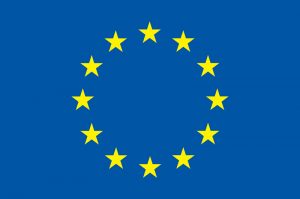
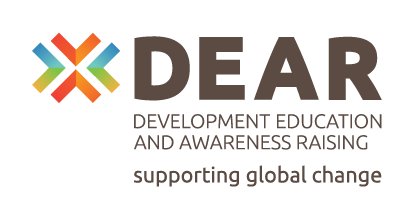
Food Wave is promoted by:

In collaboration with:

